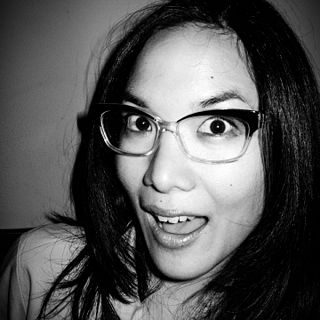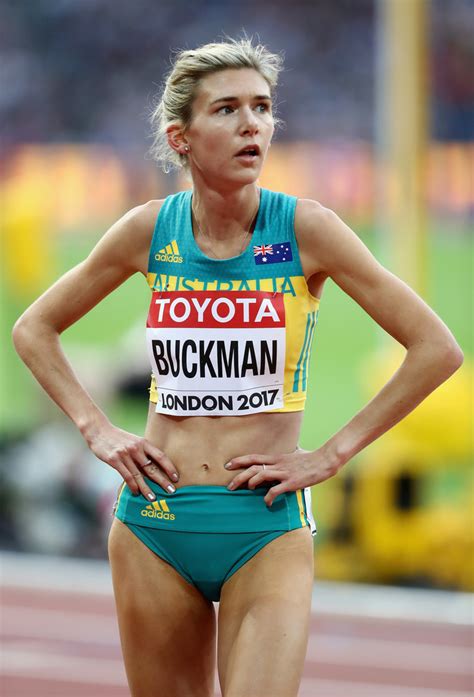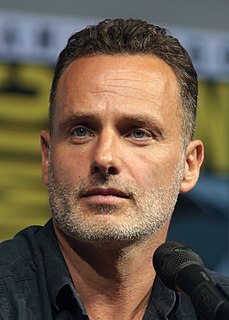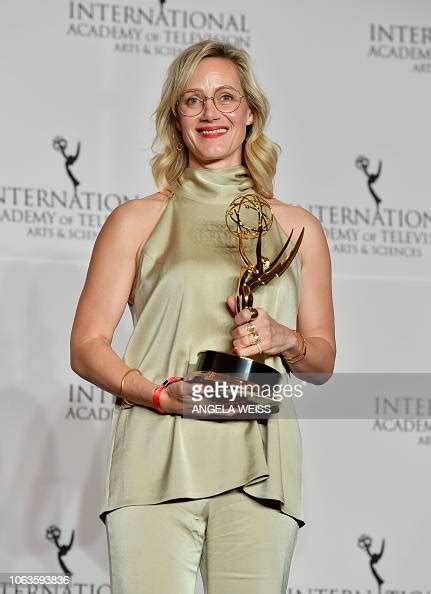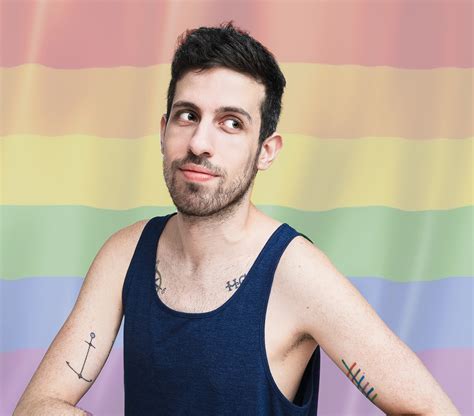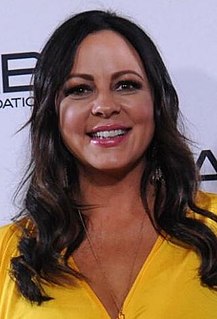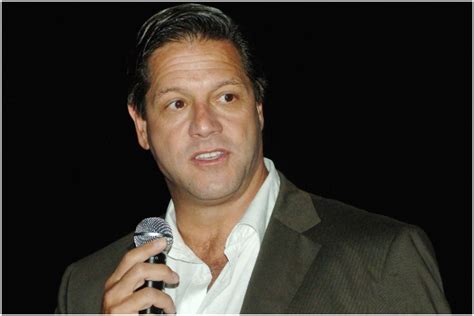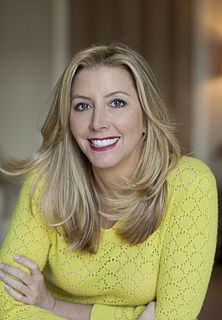A Quote by Ali Wong
When you have a child, you think about your own mortality.
Related Quotes
Whereas in America we are so fearful of mortality, we don't want to talk about it, we don't think about it, and in many ways we treat elderly people as invisible because they are a constant reminder of our own mortality. We put them away and put them in retirement homes so we don't want to deal with that.
When you have a baby you start thinking of death cuz' you see the opposite of life. I've calmed down now but for the first or two years, I kept thinking: "Oh my God, if I die what's going to happen to the child?" And you realise how vulnerable they are, but how critical your own life is because they're so dependent on you. You do feel your own mortality. I kept saying to myself: "OK, when they're 18, I'll be 'x'; so if they get married at 30, I'll be'x'will I get to see grandchildren?" So, since they've been born I've been thinking about death the whole time.
Making a film is like raising a child. You cannot raise a child to be liked by everyone. You raise a child to excel, and you teach the child to be true to his own nature. There will be people who'll dislike your child because he or she is who they are, and there will be people who'll love your child immensely for the very same reason.
